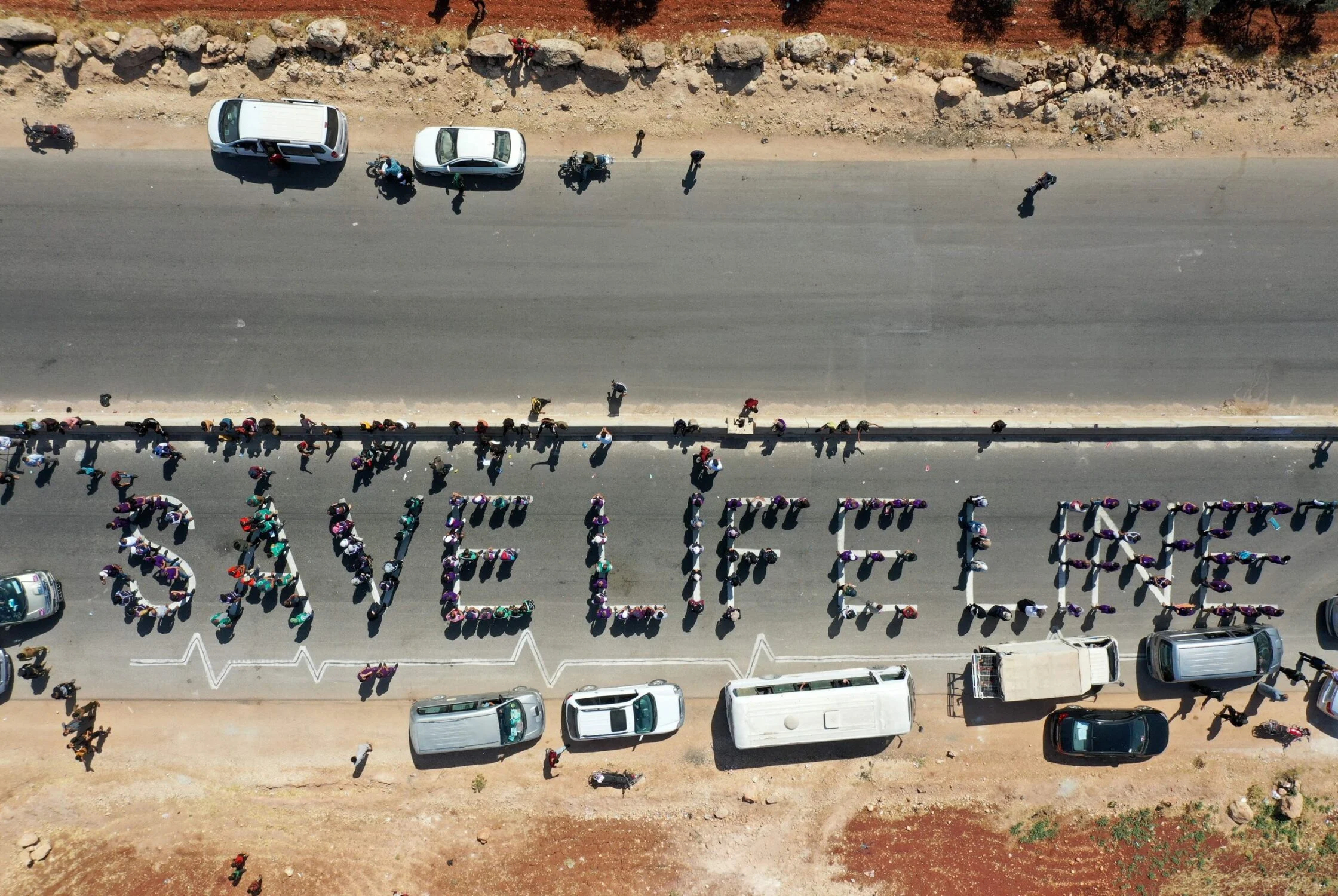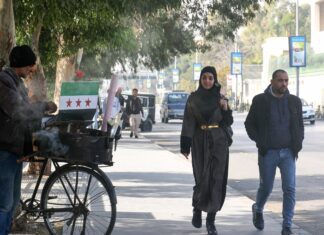
The recent extension of the authorization for humanitarian aid entry through the Bab al-Hawa crossing from Turkey to northwestern Syria has sparked both hope and concern among relief agencies and organizations. The Bab al-Hawa crossing serves as a crucial gateway for delivering humanitarian aid to millions of Syrians in urgent need. However, the conditions and limitations surrounding this extension have raised questions about the sustainability and effectiveness of the aid delivery process.
Relief agencies have emphasized the vital importance of unhindered access to aid across borders, stressing that approximately 4.5 million people, including 4.1 million in urgent need of aid and 3.7 million suffering from food insecurity, rely on the Bab al-Hawa crossing for essential supplies. This crossing is the primary conduit for approximately 90% of the humanitarian aid provided by the United Nations to northern Syria.
The concerns voiced by Syrian relief agencies and organizations revolve around the fragility of the approval method for aid delivery, the potential politicization of humanitarian assistance by the Assad regime, and the risk of arbitrary withdrawal of consent or imposition of additional conditions. They fear that the current approach, reliant on short-term extensions, may not be sustainable for long-term humanitarian programs, putting vital facilities and support at risk.
The recent escalation of attacks since October 2023 has further exacerbated the situation, leading to the displacement of over 120,000 people and numerous civilian casualties. The cuts in funding for food aid provided by the World Food Program have also heightened the risk of hunger for vulnerable Syrians.
In response to these concerns, the Humanitarian Action Coordination Office (HAC) issued a statement emphasizing the necessity of providing permanent channels for the transportation of aid through the Bab al-Hawa crossing without specifying a time frame. The HAC stressed the need for sustainable and immediate aid transfer without obstruction or politicization, recognizing the crossing as a lifeline for more than 4 million people in need.
The HAC’s statement also highlighted the ongoing challenges faced by the northwestern region of Syria, where internal displacement continues due to ongoing shelling targeting densely populated cities and towns. It called for enhanced cooperation between relevant parties in northwestern Syria and international entities to improve the situation of affected individuals.
While the extension of the aid entry through the Bab al-Hawa crossing provides temporary relief, the concerns raised by relief agencies underscore the need for a more sustainable and principled approach to humanitarian aid delivery. The focus must be on ensuring the uninterrupted and unhindered flow of aid to northwestern Syria in a manner that upholds humanitarian principles and safeguards against arbitrary restrictions.
As the situation in northern Syria remains precarious, the international community and relevant authorities must work together to address the concerns of aid organizations and prioritize the well-being of the millions of Syrians who depend on humanitarian assistance for their survival. Only through sustained, principled, and unconditional aid access can the most vulnerable populations in northern Syria be supported in their time of need.








